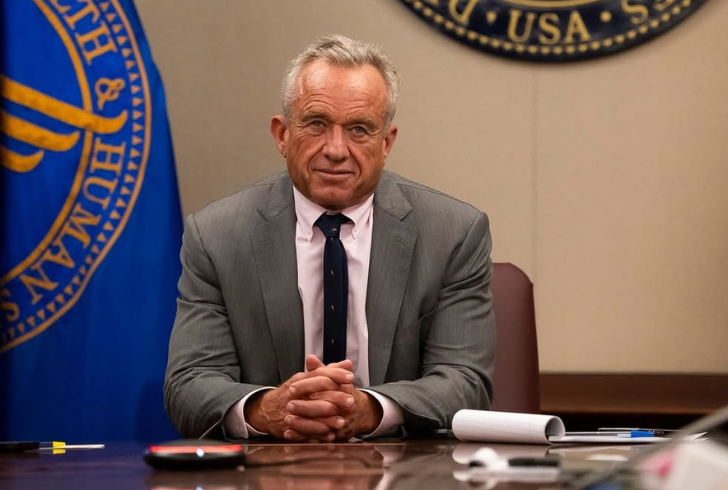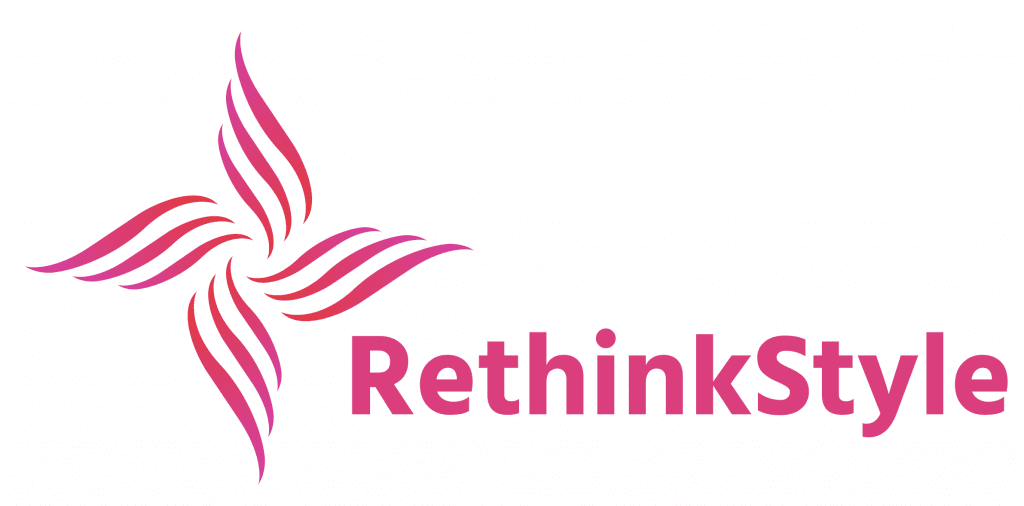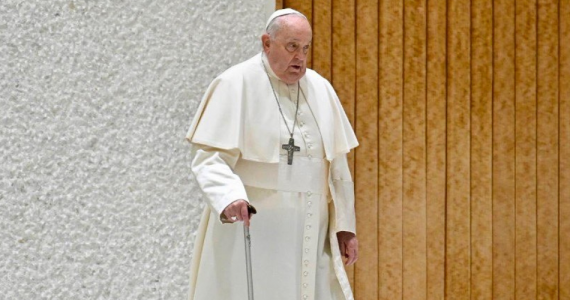Health care in the United States continues to spark heated debates. The recent comments made by Robert F. Kennedy Jr. stirred strong reactions, not just among policymakers but also public health professionals and everyday citizens. He raised a question that hits a nerve for many: Should Americans who knowingly make unhealthy lifestyle choices, like eating too many doughnuts or choosing to smoke, expect society to foot the bill when their health declines?
While the topic isn’t new, the way Kennedy presented it—and the timing of his statements—adds layers of controversy, especially considering ongoing discussions around Medicaid and budget cuts.
What Did RFK Jr. Really Say?
In a CBS News interview with physician Jon LaPook, Kennedy questioned whether individuals who engage in well-known harmful behaviors should receive the same health care support as those born with unavoidable conditions.
“If someone smokes three packs a day, should the public carry the cost when they get sick?” Kennedy asked. He pointed out that people are free to drink soda or eat sugary snacks all day, and he’s not interested in taking away that choice. But he posed a follow-up: “Should they expect society to treat them at the same level as someone born with a congenital illness?”

Kennedy argued for realigning economic incentives so they match the public health results society aims for. In other words, he wants individuals, health industries, and public systems to work in the same direction when it comes to wellness and disease prevention.
Public Health Experts Push Back
Many in the public health world saw Kennedy’s comments as more than hypothetical. Joan Alker from Georgetown University said that while Kennedy didn’t openly suggest stripping benefits from Medicaid recipients who smoke or eat poorly, the message implied that could be the direction.
She highlighted concerns from a past example: In 2007, West Virginia required Medicaid recipients to sign a “personal responsibility” agreement to keep full coverage. Federal approval for that was pulled during President Obama’s term.
Alker questioned how far such thinking could go. “If sugary foods and alcohol are also health risks, are we going to monitor those too?” she asked.
Balancing Responsibility Without Shame
Kennedy’s team later clarified his position, stating his goal is not to shame people but to offer better options and promote responsibility. A spokesperson for the Department of Health and Human Services explained that his focus is on aligning health outcomes with smarter incentives, not denying care.
Still, his words hit at a time when health departments under his watch are facing significant layoffs, especially in programs meant to combat tobacco use. The Centers for Disease Control and Prevention (CDC), for instance, lost much of the team behind its anti-smoking campaigns. These campaigns, including personal stories from former smokers, were proven to work and had a wide reach.
One former CDC employee pointed out the irony: “It’s hard to talk about stopping chronic illness if we’re defunding efforts to reduce smoking,” they said.
Cuts Go Beyond the CDC
It wasn’t just the CDC that saw budget cuts. The Food and Drug Administration’s center for tobacco education and regulation also experienced layoffs, despite being funded by industry fees rather than taxpayer money. These cuts suggest that the decision wasn’t about saving money—it was a shift in policy priorities.
Critics argue that pulling back from smoking prevention while questioning public support for people who smoke sends mixed signals. Regina LaBelle, a drug policy expert and former adviser to both Obama and Biden, said Kennedy’s tone reminded her of a time when public health relied on shame instead of science. She also warned that slashing resources for tobacco control could undo years of progress.
The Issue of Fairness and Consistency

Michael Cannon of the Cato Institute took a different view. He supported Kennedy’s emphasis on personal accountability, saying the Constitution doesn’t promise health care—and certainly doesn’t guarantee coverage for those who knowingly harm their health. He believes people should feel the financial impact of their decisions, which could motivate healthier behavior.
However, Robert Weissman of Public Citizen pointed out a conflict in Kennedy’s stance. On one hand, Kennedy often blames “big food” for contributing to obesity. On the other hand, he now seems to suggest that individuals alone should be responsible for the consequences of those choices. Weissman said this contradiction undermines Kennedy’s broader “Make America Healthy Again” messaging.
A Bigger Conversation About Health and Policy
Kennedy’s comments reopen a debate that touches everything from insurance policy to ethics. Should someone who smokes bear higher costs? What about someone who eats fast food every day? Is it fair to treat lifestyle-related conditions differently from those rooted in genetics or socioeconomic circumstances?
Private insurers already offer incentives, like lower premiums, for people who quit smoking or increase their physical activity. However, applying similar logic to public programs, such as Medicaid, brings added challenges. It raises the question: where does personal responsibility end and social support begin?
The broader concern among health professionals is that Kennedy’s focus on responsibility could lead to reduced care access for low-income individuals, especially those already facing multiple barriers to good health.
Balancing Accountability and Access in Health Care
The idea that health care should factor in personal choices is not entirely new, but Kennedy’s framing of the issue, combined with agency cuts, adds a sharper edge to the conversation. Smoking, which remains a major public health issue, is at the heart of this debate, both as a choice and a deeply rooted addiction. While holding people accountable sounds reasonable, the risk lies in creating systems that punish rather than help.
Whether or not Kennedy’s ideas lead to policy changes, they’ve already sparked national conversations about fairness, responsibility, and how the country chooses to care for its people—smokers included.




